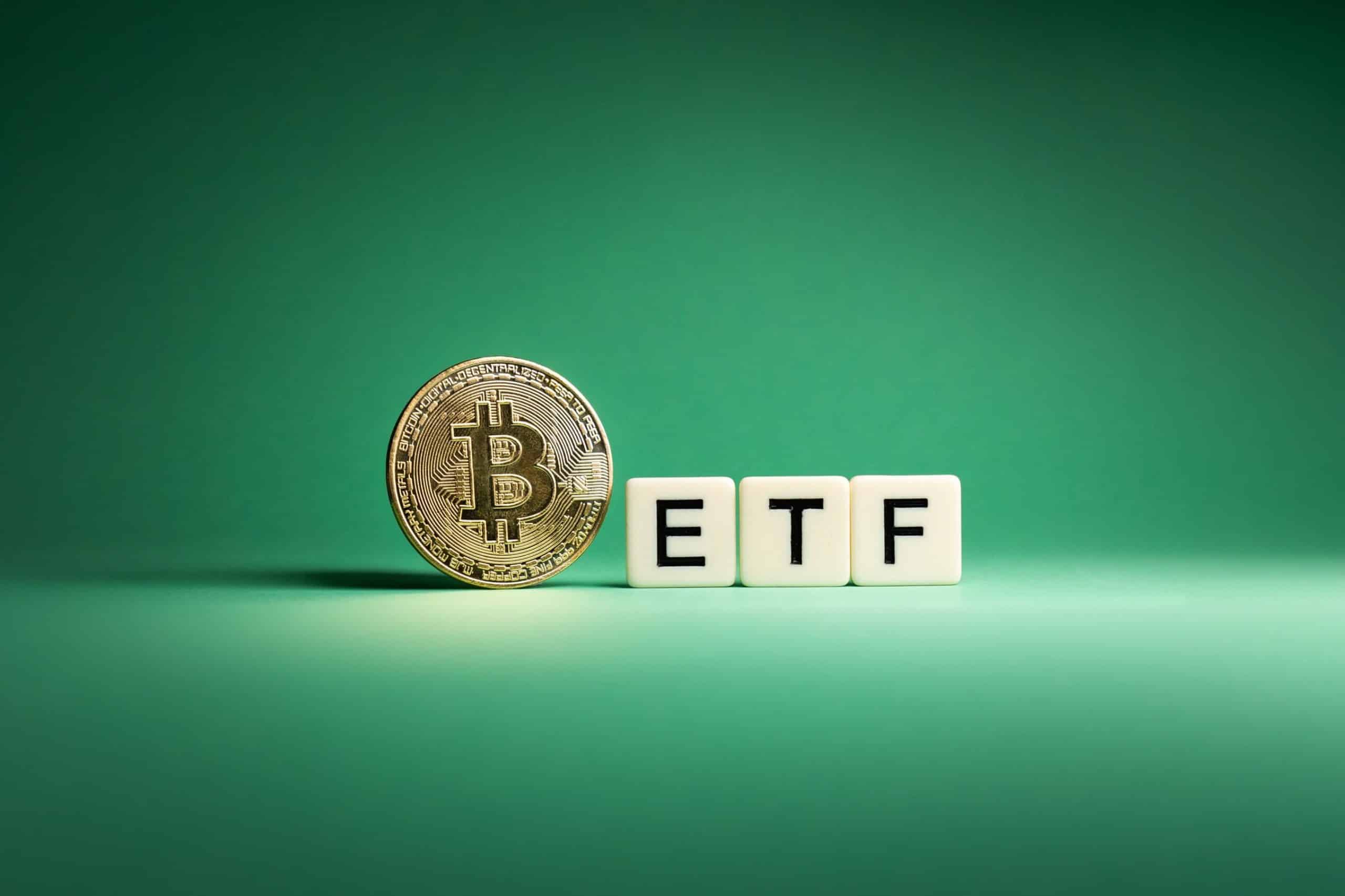Solana treasury firm DeFi Dev Corp raises stock buyback to $100 million
- DeFi Development Corp announced an upsizing of its stock repurchase program to $100 million.
- The company initially stated that it would buy back $1 million of its common shares from the open market.
- SOL traded slightly lower on Wednesday following the announcement.
Nasdaq-listed DeFi Development Corp (DFDV) is increasing its stock repurchase program from $1 million to $100 million, following board approval on Wednesday.
DeFi Development Corp upsizes repurchase program
Solana treasury firm DeFi Dev Corp is expanding its stock repurchase program to $100 million from an initial $1 million, following board approval, according to a statement on Wednesday.
The company claims that it will repurchase shares of its common stock on the open market from time to time, in accordance with Rule 10b-18 of the Securities Exchange Act of 1934. It added that management will be required to update the Board after an initial $10 million repurchase before continuing the program.
It added that the repurchases can also be made at any time the management deems fit, depending on market conditions and regulatory requirements.
DeFi Dev Corp, which became a Solana treasury in April, currently holds the third-largest reserve behind Forward Industries and Sharps Technology. The company has amassed 2.096 million SOL since its transition, currently worth $444 million, including validator staking rewards, according to data from Strategic SOL Reserve.
With share repurchases, DeFi Dev Corp could be seeking to boost its share price, thereby improving earnings per share and lowering the number of outstanding shares.
DeFi Dev Corp closed with a 1.5% gain at the end of the trading day on Wednesday.
Other public crypto treasuries have also been buying back shares, including SharpLink Gaming, which is one of the largest holders of Ethereum (ETH). SharpLink said that it will use its share repurchase program only when the value of its crypto holdings exceeds the company's market capitalization.
SOL is changing hands at $212 on Wednesday, down nearly 2% on the day. The fourth-largest altcoin has stretched its weekly loss to over 9% as the broader crypto market remains subdued.
You May Also Like

Ethereum Price Forecast: ETH retest $4,000 as its funding rates flips negative

Bitcoin ETFs Outpace Ethereum With $2.9B Weekly Surge
